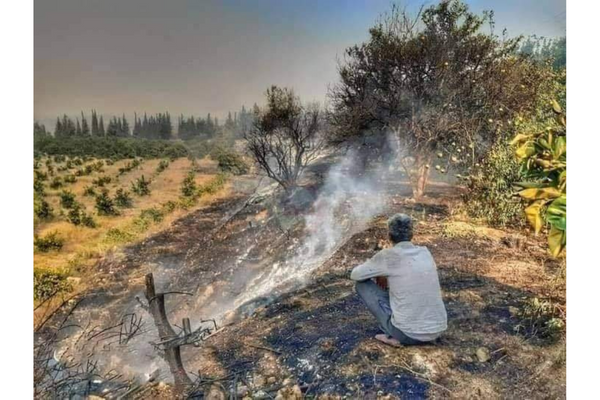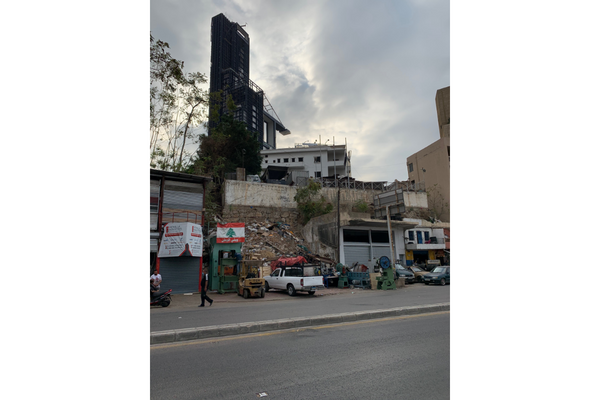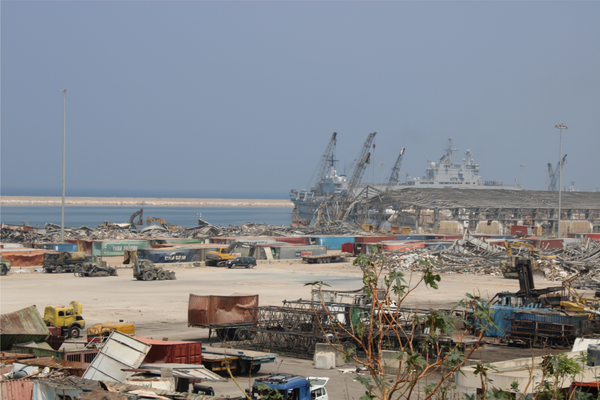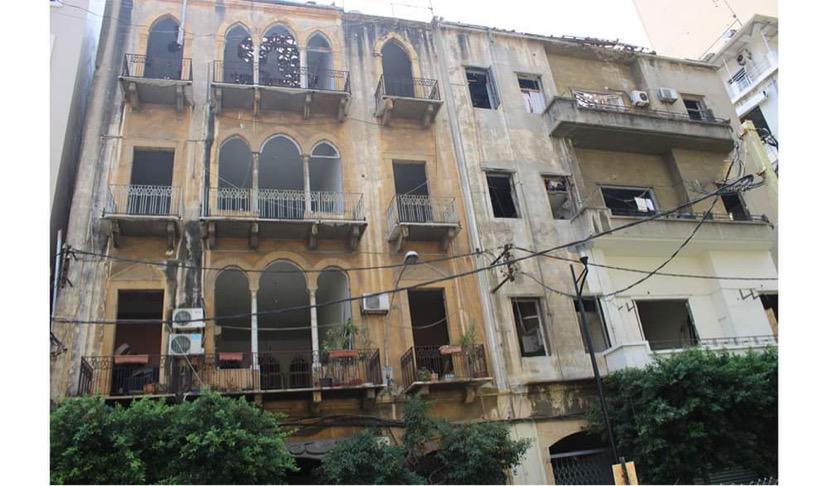Sunday, November 27 was celebrated on the first Sunday of Advent. It officially began a period traditionally marked by hope and desire for peace for most peoples. However, in the global geopolitical landscape, and in particular in the Middle East, the hardships related to war, energy and social emergencies make it increasingly difficult even to approach this type of stability.
Among these scenarios, Lebanon is increasingly alarming. What kind of Christmas are you preparing to spend?

The health emergency
The cholera epidemic that struck Lebanon at the beginning of October, due to the country’s close proximity to Syria, has recorded worrying data. So far, there are 560 cases of infection, while the number of victims has risen to 20.
In neighboring Syria , the first hundred victims have been reached. Here the epidemic began to manifest itself in late August. According to the latest reports released by the UN, there are currently 20,000 suspected cases of infection.
The health emergency for Lebanon has been an unwanted return to the past. Cholera had not been a national problem since 1993, when it appeared after the end of the civil war. In the last month, the majority of cases have been reported in Syrian refugee camps located in the north-east of the country. Other infections, including covid 19, are also manifesting themselves in the most depressed areas. This has caused a situation of strong instability and disorganization within hospitals, unable to meet the growing demand for beds.

The economic and food crisis
The dramatic financial situation, which has led to a sharp devaluation of the foreign currency and the Lebanese pound, has recently prompted banks to set strong limits on withdrawals and money transfers. Many of the bank savings set aside by residents have also been frozen. Consequently, the withdrawal allowances are not able to fully meet the needs of the population.
This situation of hardship has also led to a dramatic food situation, in particular due to the shortage and the high cost reached by bread. The consequences of the war in Ukraine and the damage suffered by the main grain silos in Beirut played an important role in this regard. Bread shortages and rising prices have also led to strong and increasingly frequent discrimination against Syrian refugees.
Lebanon currently hosts more than a million Syrian refugees. This figure has allowed the Lebanese population to reach the number of almost 7 million inhabitants. According to the United Nations, in some areas of Lebanon some bakeries have been asked to give priority to Lebanese citizens over Syrian ones. Many of the local families spend more than half of their wages on bread, while poorer communities are taking desperate measures such as fasting or eating spoiled food.
To provide economic support to this type of emergency, the European Union has recently allocated a humanitarian aid package to 15 countries in a state of worrying food insecurity and at risk of famine. As far as the Middle East is concerned, it was decided to send Lebanon five million euros for both refugees and Lebanese in critical conditions.

The political and social situation
Due to the absence of an active political class and the absence of concrete intervention by the institutions, citizens are often deprived of essential services. Christmas is expected to be devoid of gifts, due to the difficult economic situation, but also of lights, considering that electricity, in most of the country, is granted only a few hours a day.
Added to this is the start of Lebanon’s election of the new President of the Republic. The election campaign began last September, two months after the end of the mandate of the current head of state, Michel Aoun. There was also no common purpose in defining, on the part of the current president and the prime minister, the formation of a new government.
Faced with this situation of great instability and precariousness, there are many Lebanese who are trying to emigration. Effective, in this regard, the departure of many boats that almost every day take the sea route from the port of Tripoli.
by Maddalena Baschirotto – proterrasancta.org






